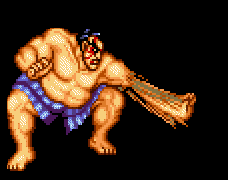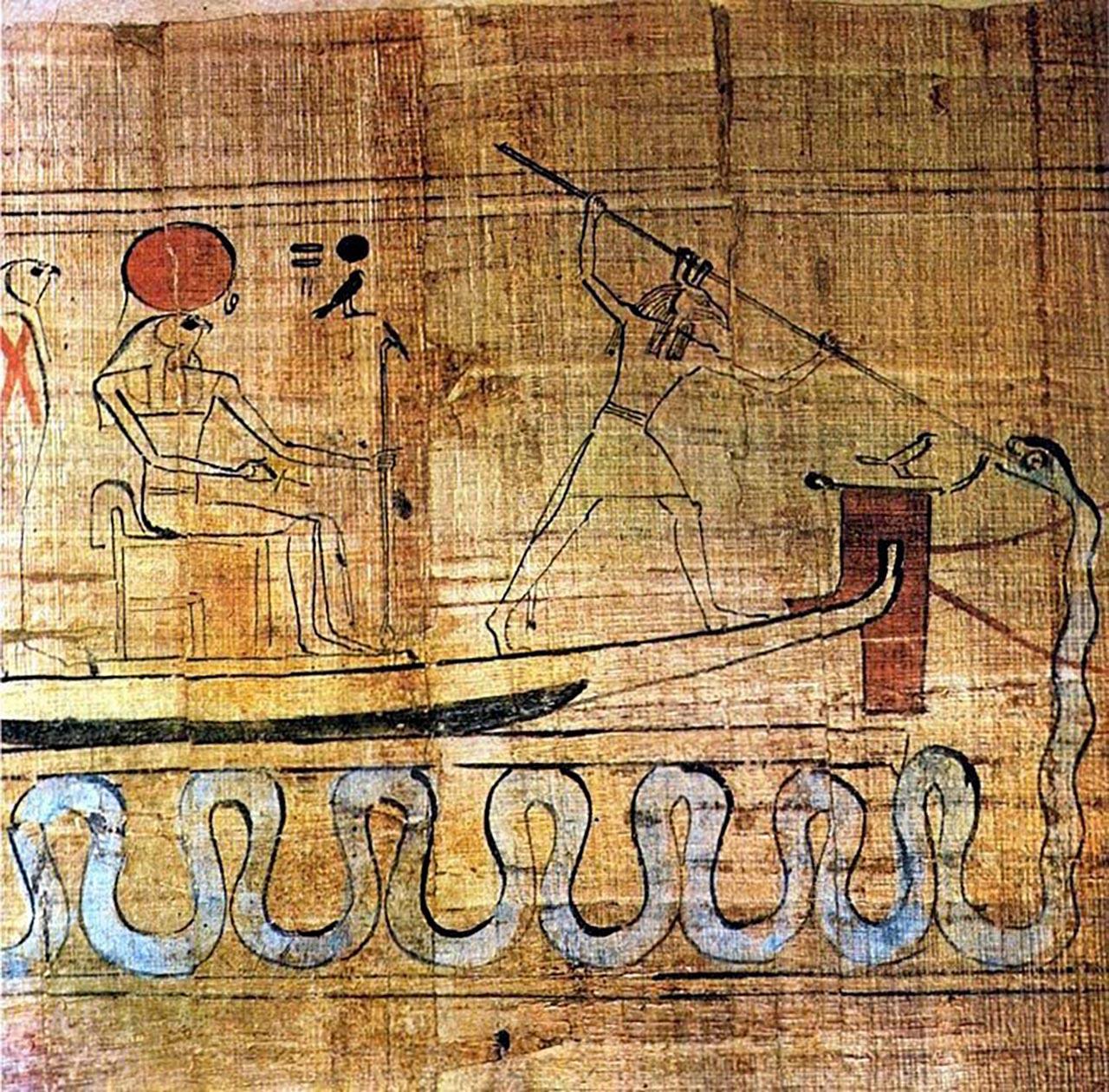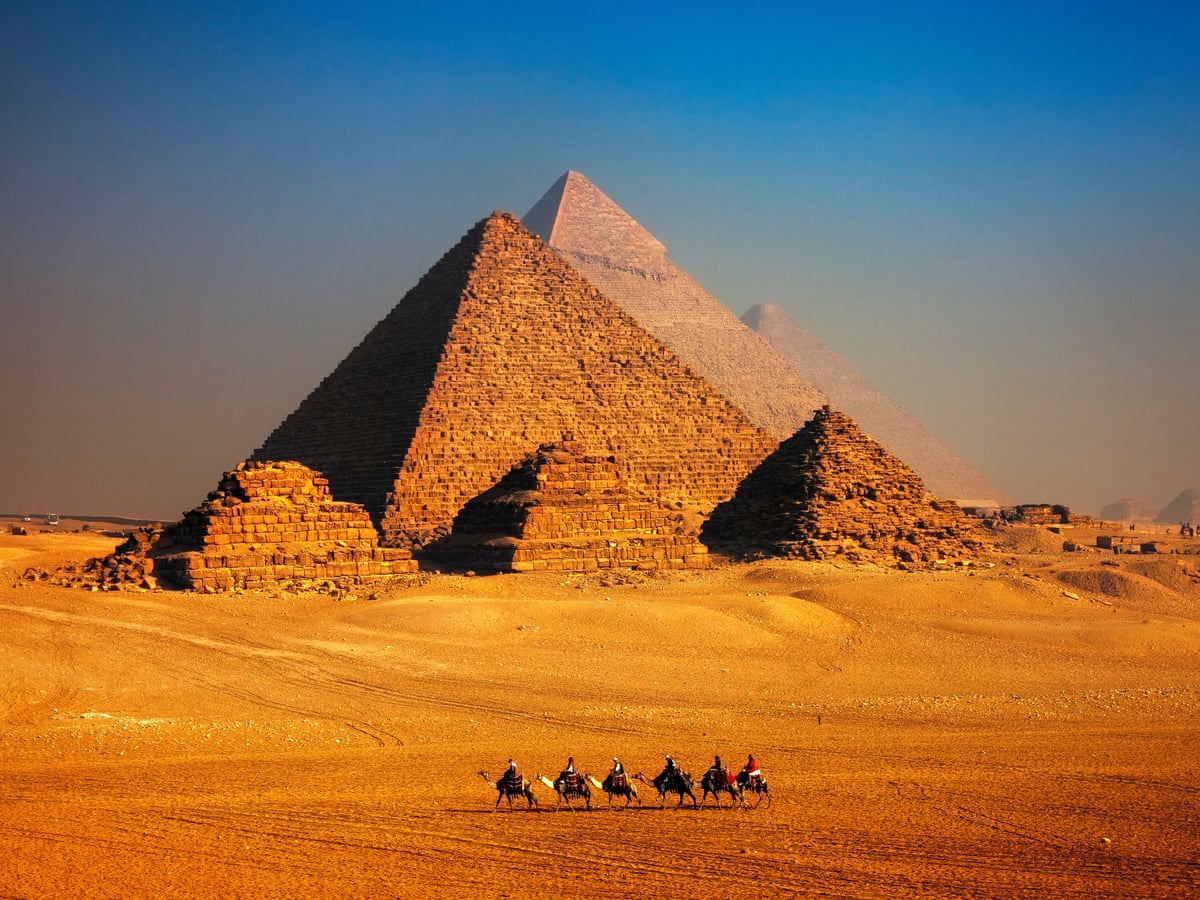The "Ten Commandments" is actually a misnomer; there are many,
many more than just ten individual "commandments". Besides, Sh'mos 20:1-14 is referred to as עַשֶֽׂרֶת הַדְּבָרִֽים
asérĕs had'vorim (literally, "Ten of the Things" [or "Words", or "Statements", or "Sayings", or "Utterances"]) in the Torah itself (see Sh'mos 34:28 and D'vorim 4:13, 10:4 in the Hebrew original); and in Jewish tradition it is often called עַשֶֽׂרֶת הַדִּבְּרֽוֹת
asérĕs haddib'ros ("Ten of the Words" [or "Utterances"]). Generally, we simply refer to Sh'mos 20:1-14 [in English] as the "Ten Utterances". The first five statements are dealing with the relationship between Hashem and Yissro'él (including the fifth statement of
kibbud av v'ém (honoring our parents) since they, like Hashem, brought us into being), and the last five statements are dealing with the relationship between Yissro'él and our fellow humans. As a unit, the Ten Utterances contain within them the kernel from which the rest of the mitzvos emerge, serving as the 'Chapter Headings', so to speak, for the 248 positive 'do's and the 365 negative 'dont's.
Furthermore, not only did Hashem identify Himself, but He even made it crystal clear whom He was, and whom He was not, addressing in the opening passage (Sh'mos 20:1-2)—וַיְדַבֵּר אֱלֹקִים אֵת כָּל־הַדְּבָרִים הָאֵלֶּה לֵאמֹר: אָנֹכִי יְיָ אֱלֹקֶיךָ אֲשֶׁר הוֹצֵאתִיךָ מֵאֶרֶץ מִצְרַיִם מִבֵּית עֲבָדִים
Then Elohim spoke all these things, as follows: "[It is] I, Hashem your G-d, Who has taken you out of the land of Mitzroyim, out of the place of slavery..." (which, by the way,
is the first "commandment" - verse 2). We have more than 600 laws all told, albeit nobody has to keep
all of them—some are only for men, others are only for women; some apply to farmers who are farming in Eretz Yissro'él; some are only for kohanim; a few are only for the king when we have one—there has never been even ONE Jew to whom
all 613 mitzvos applied. This is something that people have a very hard time accepting and most of them will never get it. Contrary to what the
nations teach, Yissro'él is more than capable of observing her laws—לֹֽא בַשָּׁמָֽיִם הִֽוא "[the Torah] is not in Heaven" (D'vorim 30:11-14, Y'shayohu 45:19).
The שֶֽׁבַע מִצְוֺת בְּנֵֽי־נֹֽחַ
sheva mitzvos b'né nó'ach ("Seven Mitzvos of No'ach's Sons") form the basis of Hashem's בְּרִֽית
bris ("contract") with all of Mankind. (Adam had six: the Seven Mitzvos of B'né No'ach minus אֵֽבֶר מִן הַחַֽי
éver min hĕchai "limb from a living animal"—i.e., consuming meat from a living animal.) Yissro'él is obligated to observe up to 613 mitzvos, while the gentile nations only have to obey seven. There are therefore many more ways in which a Jew may incur Hashem's displeasure as compared to a gentile; that is to say, it is much easier for non-Jews to be "right with G-d". It should be pointed out that the Ten Utterances, namely Sh'mos 20:2 through 20:14 only, from אָֽנֹכִי
anochi ("I [am]") until וְכֹֽל אֲשֶֽׁר לְרֵעֶֽךָ
v'chol ashĕr l'ré'echo ("all that is your fellow's") contain precisely 620 letters. One of the explanations for this number is that they correspond to the Seven Mitzvos that were given to No'ach and his sons (which are applicable to
all non-Jews) and Yissro'él's 613, because the seven "Noahide" Mitzvos are not included in the count of 613 given to Yissro'él.
if there was no egypt...what would he base his law off of other than the 10 Commandments...
Avrohom Ovinu observed the laws by way of the orally transmitted tradition long before the Ten Utterances that Hashem spoke personally to us at the mountain in Chorév in the Sinai peninsula on 6th Sivan 2,448, seven weeks after we left Mitzroyim (see B'réshis 26:5). In fact, there are three laws in the Torah that are called אוֹתֽוֹת ("signs"): אוֹת בְּרִית מִילָה
bris miloh (circumcision -
B'réshis 17:11), אוֹת שַׁבָּת
shabbes (shabboth -
Sh'mos 31:13), אוֹת תְּפִלִּין
t'fillin (phylacteries -
Sh'mos 13:9). Mitzvos called אוֹתֽוֹת were given before Har Chorév.
furthermore he makes ground for the murder of those who disobey the law he is handing down while also saying "Thou shalt not kill"
The Hebrew original of the sixth
dibb'roh ("Utterance") says לֹֽא תִרְצָֽח
lo tir'tzoch ("Do not murder")—it does NOT say לֹֽא תַהֲרֹֽג
lo teharóg ("Do not kill"). Accordingly, the Hebrew expression for "a murderer" is רוֹצֵחַֽ
rotzé'ach (e.g., Iyyov 24:14). The key-word here is
murder, for there are certain circumstances when killing is not only justified, but required; we are commanded to kill many times: we are commanded to kill animals for offerings, to kill-first anything or anyone that is coming to kill
us, [a specific duty] to kill any עֲמָלֵקִֽי
Amoleiki, and so on. If the root verb ר.צ.ח ("to murder") were really synonymous with ה.ר.ג ("to kill"), the sixth
dibb'roh would prohibit ALL killing, even of animals; and without the killing of animals, we cannot have a Séfer Torah—and without Torah there is
no Yissro'él (chas v'chalilah)!
Koichos said:
The eternality of the Torah is made very clear...
Sh'mos 12:14, 12:17, 12:14, 12:42, 27:21, 28:43, 31:16
Vayikro 3:17, 7:36, 10:9, 16:29, 16:34, 17:7, 23:14, 23:21, 23:31, 23:41, 24:3
B'midbor 10:8, 15:15, 15:23, 18:23, 19:10, 19:21, 35:29
D'vorim 5:26, 29:28
et alia!




 "the serpent" is a literary foil. IE a villain.
"the serpent" is a literary foil. IE a villain. the battle between pharoah and Moses was with the stylus.
the battle between pharoah and Moses was with the stylus.

 the son of the waters (gen 1)
the son of the waters (gen 1)


 4 triangles...
4 triangles...